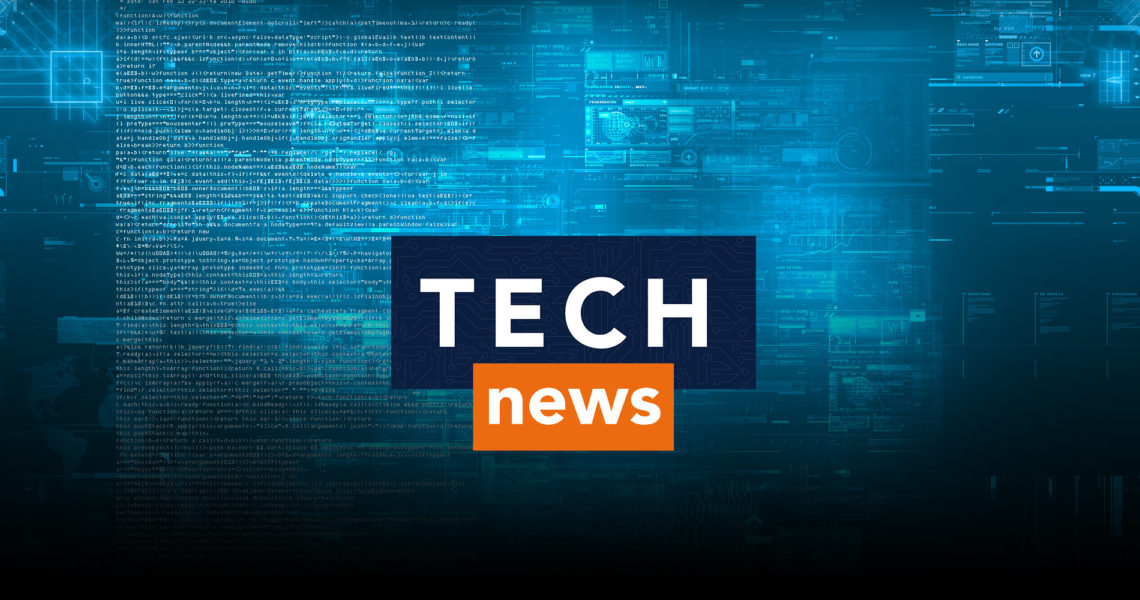The World Economic Forum (WEF) has published an article predicting how metaverse tech will evolve and how it will be introduced in different sectors. For the organization, the biggest impact of the implementation of this tech will be observed in industrial environments, where it will contribute to carrying out more tasks and reducing expenses.
WEF Believes Metaverse Tech Will Impact Industry First
The World Economic Forum (WEF) believes that the metaverse will be first applied in industrial environments, instead of being adopted first by consumers. In an article published on Jan. 13, the organization predicts that the implementation of the metaverse will be done at an industrial level first, helping different companies to complete designing and monitoring tasks in a more efficient way.
Two of the metaverse technologies that will become integral for the industry in this new phase are digital twins and extended reality. Implementing digital twins, the digitalization of a group of elements coming from the real world, will allow testing the functionality of an element, or examining the possible inefficiencies of an assembly line, or simply prototyping a model without having to build it physically.
Extended reality, another of the technologies mentioned in the article, will allow designers to mix elements from the real world with digital elements, to examine the interactions between both.
These technologies are already being adopted by several companies, including automaker Renault, which launched its industrial metaverse in November, aiming to save $330 million by 2025 with the implementation.
Consumer Metaverse
While there is significant focus on the consumer metaverse from companies like Meta, which have been investing billions in the sector, the WEF believes that industries will be the ones pushing innovation.
The article states:
We will develop many technologies for the industrial metaverse that will make their way into the consumer metaverse – from micro-optics and advanced haptic interfaces to AI sensing awareness.
The organization believes that, once these two different metaverses are established, one will be able to improve the other and vice versa. However, it recommends shifting the focus from putting resources into the consumer metaverse, to putting them into the industrial metaverse, which is already happening in various sectors.
The WEF has referred to the metaverse before, issuing recommendations for maintaining safety and privacy in metaverse worlds in May 2022, especially when including children as part of these environments.
What do you think about the World Economic Forum and its focus on the industrial metaverse? Tell us in the comments section below.
